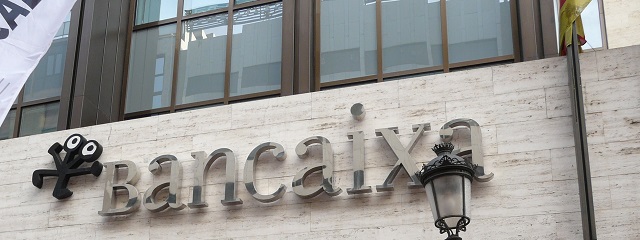Instructions from Brussels were clear: savings banks in Spain needed reconvert into market listed, independent, more transparent entities. The orders came wrapped up in the Memorandum of Understanding that the Spanish government had to sign before receiving the banking bailout money. That’s why the minister of Economy Luis de Guindos has now announced a draft of the future Savings Banks Act that seeks to impede regional governments to muddle the new banks again.
This may prove to be a fundamental reform. Retail clients and medium and small size companies will have up to 60 percent of the board seats, and deposit market share will be capped at 35 percent. Under the new regulation, just two savings banks will survive in their old shape, those of Ontinyent in the region of Valencia and Pollensa in Majorca, Balearic Islands. The rest will be forced to disinvest, restructure and basically recoil.
Although it’s been passed by Parliament, minister de Guindos is aware that regional powers will only reluctantly obey. Most autonomous governments have grown accustomed to use savings banks as a capital resource for their own political programmes with damning results that betrayed the mutual origin and social commitments of these financial institutions.
But the Spanish government has a tough ally. The so-called Troika–a joint decision-maker formed by the European Commission, the European Central Bank and the International Monetary Fund–is ready to watch the process and cut short any deviation or fiddling with the new law: authorities must prevent the repetition of the 1985 fiasco, when an attempt to stop party politics corruption in the savings banks ended up asphyxiated under regional government’s amendments.
The Spanish government has already made clear to the regional authorities that the old savings bank model must die for its sins–which are many and have unfairly spread the rot over the country’s financial system with terrible consequences. Those who describe the de Guidos savings banks law as a major challenge against the regions couldn’t be more wrong.






Be the first to comment on "Burning politicians’ bridge to the Spanish savings banks"